What Happens When You Stop Drinking Timeline + Benefits

For dependent drinkers, in some cases, you may experience nightmares, anxiety, and insomnia due to long-term withdrawal symptoms. After 7 days, most drinkers will notice their skin hydration improve. If alcohol was triggering skin conditions like rosacea, dandruff, or eczema, you could see them begin to improve by the end of the week.
- That said, If you’ve been drinking excessively, then stopping drinking cold turkey can lead to withdrawal symptoms.
- Stopping alcohol is worth it, but it can be an uncomfortable and even dangerous experience.
- Did you know alcohol use can actually make you more prone to getting sick by undermining the immune system?
Mild Short-Term Symptoms
Alcohol is very harsh on the stomach, so once you quit, you’ll see improvements in your acid reflux and stomachaches. The body is immediately affected when someone begins drinking heavily because it prompts changes in neurochemistry that impact cognition. The first step has led you here to understand what you can expect and how long it will take to get alcohol out of your system, past the cravings, and into a better life. More likely than not, your relationships will have improved in this year of not drinking.
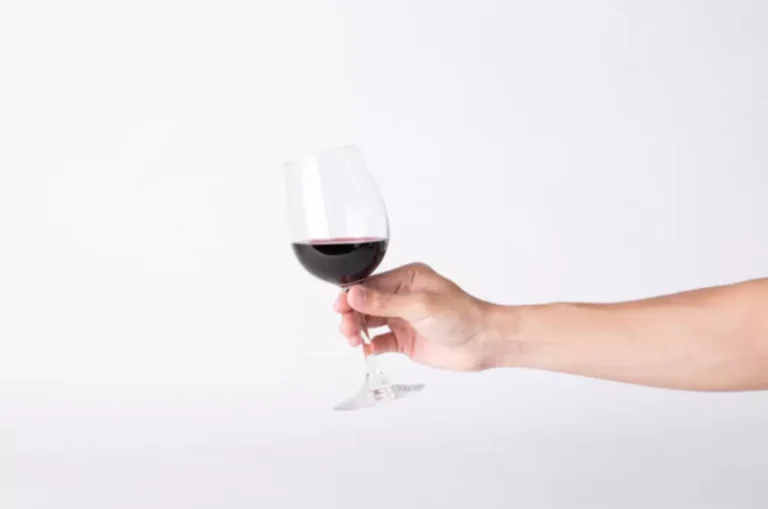
The Benefits of Quitting Alcohol
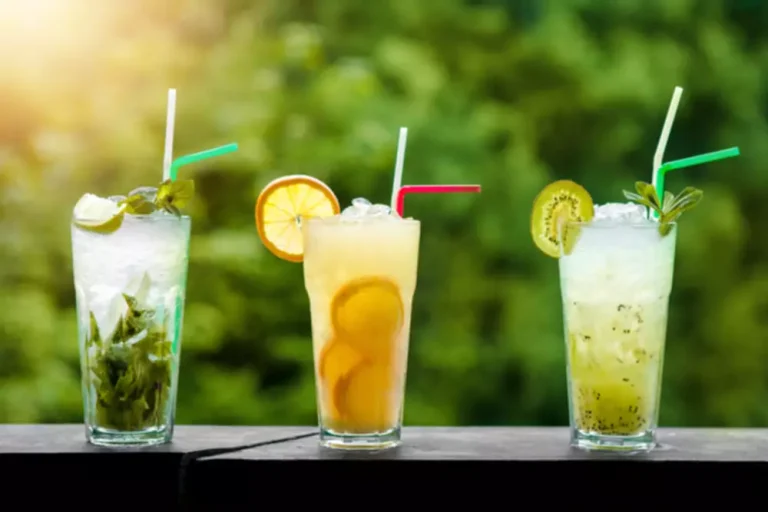
These serious mental and physical symptoms usually show up 2 to 4 hours after your last drink. Sometimes called alcoholic hallucinosis, these can show up within 12 to 24 hours after you quit. Tell your doctor if you see, hear, or feel things that aren’t there. Exploring, in writing, what you find difficult and when you most want to drink can help you notice patterns that offer more insight into your alcohol use. Comparing the emotions that come up when you have a drink with the feelings you experience https://ecosoberhouse.com/ when abstaining also helps you recognize when drinking doesn’t fix the problems you’re trying to manage.
Week Four Benefits
Many former drinkers will continue to see improvements in their sleep patterns, their hydration, and their skin health. When a person who drinks heavily stops abruptly, that rush of dopamine is also reduced. Eventually, the brain will try to recalibrate itself; and for the most part, it can restore its dopamine to more consistent levels. Through abstinence, however, studies have shown that a regeneration of brain function, metabolism and brain volume (including white matter) is possible. You might not have any issues after your short-term withdrawal goes away.
Although some people find drinking alcohol helps them get to sleep more quickly, the quality of sleep is affected. Alcohol disrupts the important Rapid Eye Movement (REM) stage of sleep, which can leave you feeling tired the next day – no matter how long you stay in bed. I’ve spent the last seven years researching and understanding alcoholism, addiction, and how people get sober. Additionally, I examine the way mental and physical health as well as our relationships with others impact the reasons people drink and their role in maintaining sobriety long-term.
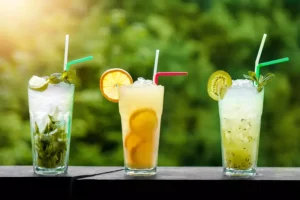
Treatment of Alcohol Withdrawal
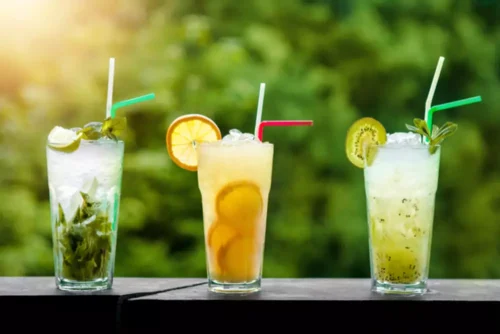
From month-long sobriety challenges to the Sober Curious movement, more and more people are taking a closer look at the role alcohol plays in their lives. Alcohol depletes the body of essential vitamins and nutrients that are vital for hair health—like biotin, zinc, and folic acid. Biotin supports keratin production, zinc helps maintain healthy oil glands, and folic acid facilitates cell turnover and the regeneration of hair follicles. It may make you feel drowsy and fall asleep quickly—but later in the night, it messes with your sleep patterns as it works through your system. Cognitive functions—including problem solving, decision making and self-regulation skills—can also improve with continued sobriety, adds Dr. Kellogg.
Tips for Quitting Drinking
You will experience improved sleep, better digestion, noticeable weight loss (assuming you do not replace alcohol with terrible food), and a healthier-looking complexion. Studies have shown that after three-weeks of abstinence from what happens when you stop drinking alcohol alcohol, patients saw a complete recovery of gut barrier function in subjects who suffered from alcohol addiction and leaky gut. In most cases, after a year of sobriety, non-heavy drinkers can expect their liver enzymes to return to normal levels. As soon as you quit drinking, your liver will start to repair itself from alcohol-related damage.
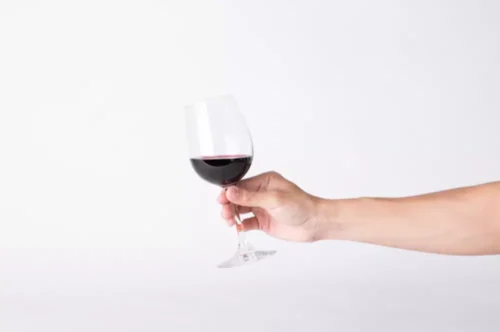
You should no longer feel any hangover side effects by the 2nd or 3rd day. At the end of the day, one of the most important tools you have at your disposal is self-compassion. Instead of criticizing yourself for having a hard time or slipping up and having a drink, remember that no one’s perfect. What matters most is your ability to maintain an open, curious outlook as you learn what does and doesn’t work for you. Satisfying hobbies can distract you from wanting to drink, but they also help you relax — something everyone needs to do.
- Data:
- Sober living

Deixe sua resposta